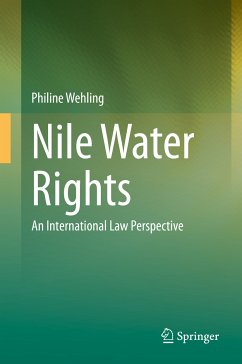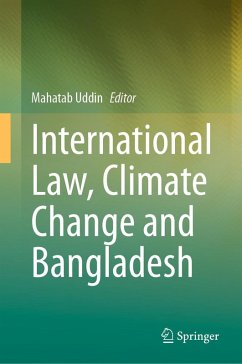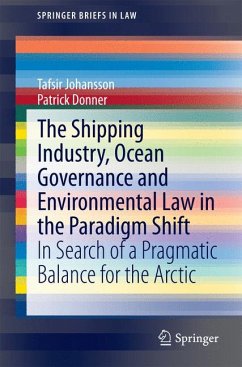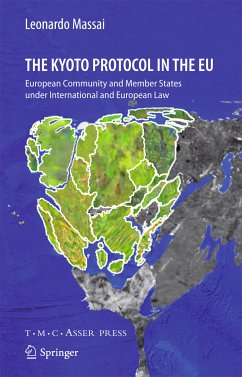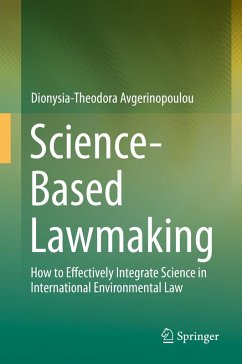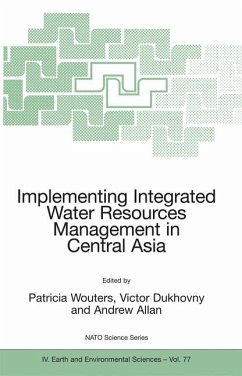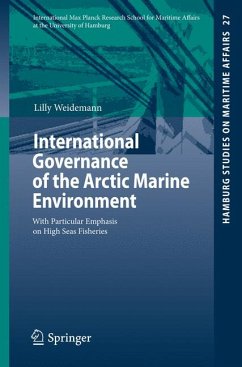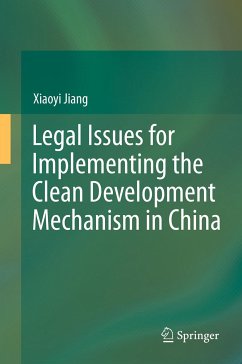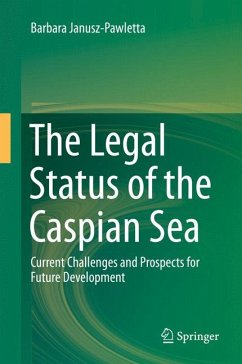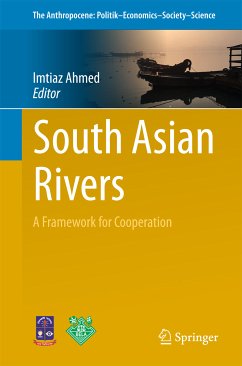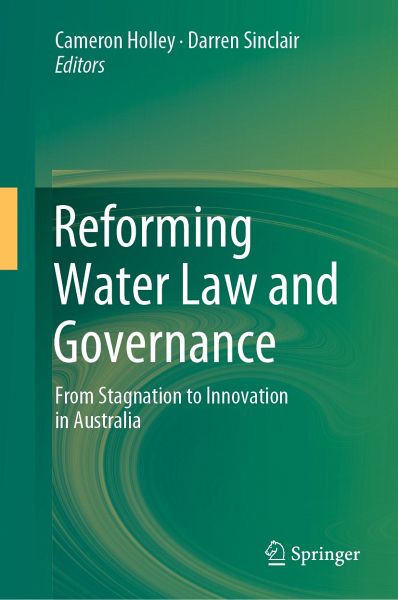
Reforming Water Law and Governance (eBook, PDF)
From Stagnation to Innovation in Australia
Redaktion: Holley, Cameron; Sinclair, Darren
Versandkostenfrei!
Sofort per Download lieferbar
72,95 €
inkl. MwSt.
Weitere Ausgaben:

PAYBACK Punkte
36 °P sammeln!
Develops general principles and practical tools, based on more than two decades of Australian water reform experience, to advance theory and practice across a range of international contexts
Offers a systematic, rigorous, and sophisticated inquiry into hybrid water law and governance approaches
Engages cutting-edge trends and current debates in modern water law, policy, and governance theory
Dieser Download kann aus rechtlichen Gründen nur mit Rechnungsadresse in A, B, BG, CY, CZ, D, DK, EW, E, FIN, F, GR, HR, H, IRL, I, LT, L, LR, M, NL, PL, P, R, S, SLO, SK ausgeliefert werden.



